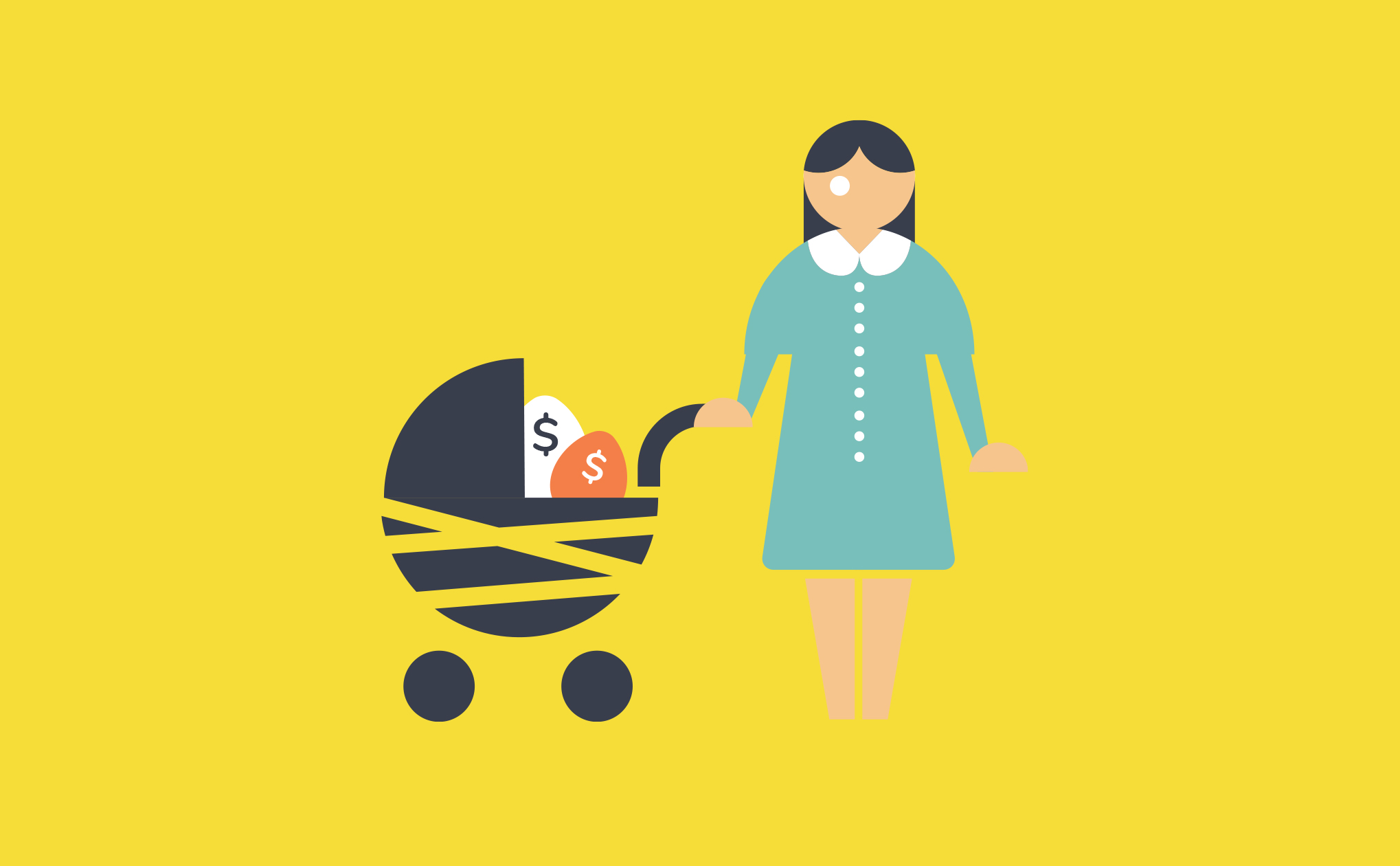The Australian Superannuation industry, a key contributor to retirement funds, has made significant strides in enhancing financial security and transparency. However, a crucial issue contributing to gender inequality has only recently been addressed in the latest budget announcement: the lack of paid superannuation on parental leave. This seemingly minor oversight has had a substantial impact on the gender gap in retirement savings. Addressing this, paid super on parental leave now emerges as a pivotal step in refining the superannuation system, marking a crucial milestone in addressing this disparity.

Understanding the Superannuation Gender Gap
Currently, women typically retire with substantially lower superannuation savings compared to men. Estimates indicate a sizeable gap of approximately 25% on average between men and women in their superannuation savings.
Challenges Faced by Women
Women often face unique challenges that hinder their ability to build adequate retirement savings, primarily due to caregiving responsibilities. Career interruptions from maternity leave or caring for family members result in diminished superannuation contributions over time. Additionally, the persistent gender pay gap means women generally earn less than men throughout their careers, further widening the gap in retirement savings. Consequently, many women feel obliged to take parental leave while their partners continue to work. The inclusion of paid super on parental leave is therefore crucial for women’s financial security and retirement planning.
“For a typical member taking 18 weeks of paid parental leave on the government scheme, modelling shows the inclusion of super will add around $6,500 per child at retirement” – HESTA. By ensuring that superannuation contributions continue during parental leave, this policy change mitigates the impact of career interruptions on women’s long-term financial well-being and acknowledges the value of unpaid caregiving work, supporting women in balancing work and family responsibilities.
Conclusion
Paid super on parental leave represents a pivotal step towards addressing the gender super gap within Australia. By tackling structural barriers and inequalities that hinder women’s retirement savings, this policy change promotes greater financial security, gender equality, and acknowledges the importance of non-financial contributions to society, particularly the role of caregiving. As Australia moves forward, initiatives like paid super on parental leave play a crucial role in fostering a more equitable and inclusive financial landscape, ensuring that women can retire with dignity and financial independence.
References
- Vicki Doyle, 2024, Federal Budget – Paid Parental Leave, LinkedIn, 15/5, https://www.linkedin.com/feed/update/urn:li:activity:7196310918551478273/
- Hesta, 2024, Super on Paid Parental Leave, Website, https://www.hesta.com.au/campaigns/super-on-paid-parental-leave




